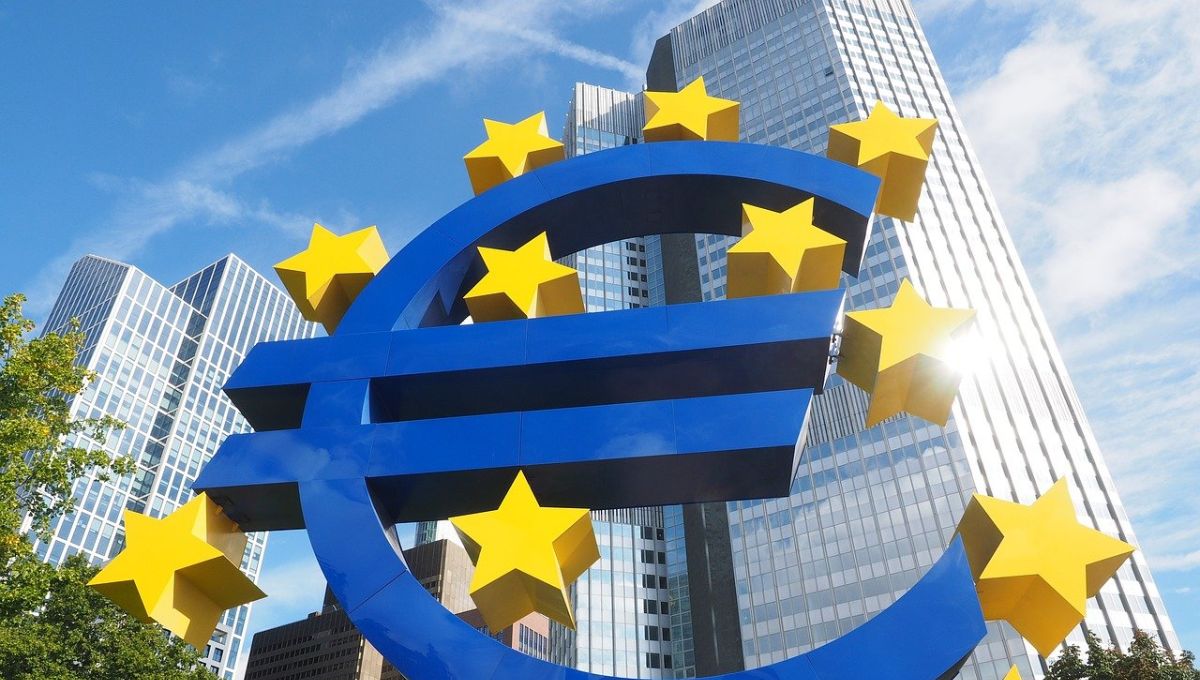The European Union is making more and more steps toward digitalizing its currency. CBDC or Central Bank Digital Currency is a relatively new term that has been thrown around quite frequently since the beginning of 2020. The new digital euro is set to be issued somewhere next year with the strong possibility of it releasing in the first quarter.
The representative of the EU Central Bank said that the institution sees three main applications:
- P2P payments for transactions outside of business operations such as sending money to relatives and friends;
- Payments for goods and services provided by businesses whether online or in brick-and-mortar stores;
- Payments involving governmental institutions including taxes, fees, and payments for governmental services.
It is possible that the currency will also be used to pay wages and that elements of DeFi will be introduced in the future to facilitate faster economic growth and more dynamic business development. The representative continued that the institution is still deciding whether it will use blockchain or other technology to create the fundament of CBDC.
The current approach is “functionality — first, technology — second”. Another important point of the announcement is that CBDC will not focus on implementing any web3 elements. It will instead focus on providing a better user experience and safety for users. The implementation of web3 is planned, but not among urgent priorities.
Experts believe that a slow, methodical approach with many consecutive steps could be detrimental. Many point out that previous attempts at introducing CBDCs were underwhelming since developers were slow to roll out features that would convince users that new digital currencies are better than what we have now (cash or debit cards).
On the other hand, carefully thinking about potential use cases and ensuring that the initial functionality is compelling enough is also important. Hopefully, the EU Central Bank will take a closer look at successful cryptocurrencies and consider using blockchain to ensure easier decentralization in the future while allowing for compatibility with currently popular networks. Note that many EU stores and online services have already started accepting payments in crypto!
At Tokenhell, we help over 5,000 crypto companies amplify their content reach—and you can join them! For inquiries, reach out to us at info@tokenhell.com. Please remember, cryptocurrencies are highly volatile assets. Always conduct thorough research before making any investment decisions. Some content on this website, including posts under Crypto Cable, Sponsored Articles, and Press Releases, is provided by guest contributors or paid sponsors. The views expressed in these posts do not necessarily represent the opinions of Tokenhell. We are not responsible for the accuracy, quality, or reliability of any third-party content, advertisements, products, or banners featured on this site. For more details, please review our full terms and conditions / disclaimer.



